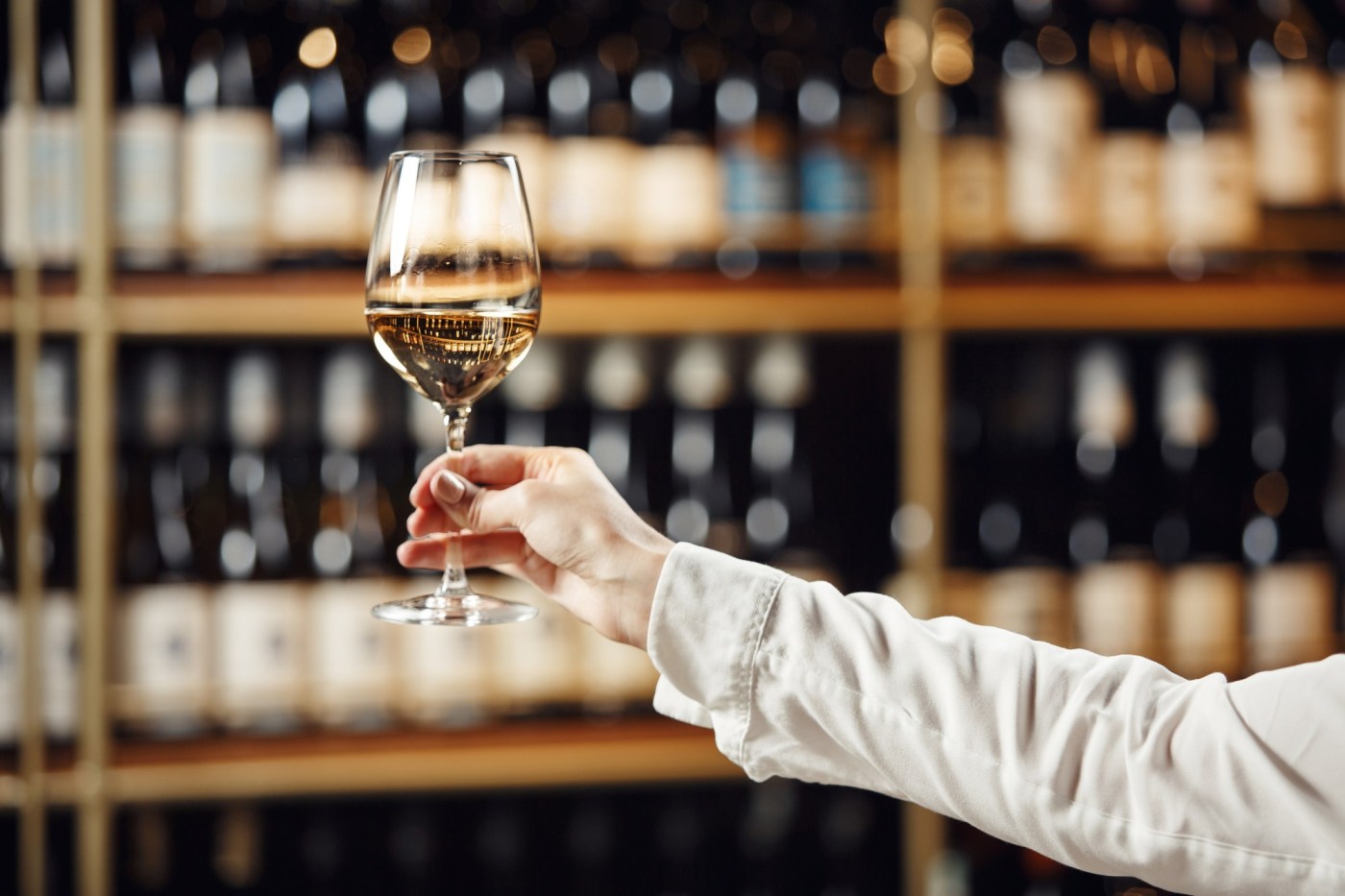
The future of wine is white
Elin McCoy | (TNS) Bloomberg News
Under a bright California sun, I’m sipping a crisp, juicy, salty-tasting white, a vermentino with a very seductive texture. On the Italian island of Sardinia, you’d drink wines made from this often-underrated grape with sea urchin or spit-roasted suckling pig on a perfect beach. You get the idea.
But I’m savoring a new Napa Valley version, the second vintage from well-known winemaker Steve Matthiasson. It’s one of several whites in his lineup, which also includes a light, pretty scheurebe, a grape native to Germany.
Although the most celebrated wines in the valley are still the super-pricey cabernets and cabernet blends you know and maybe love, during several recent visits I’ve encountered dozens of surprising new whites. While some, such as the just-released inaugural chenin blancs from Larkmead and Palisades Canyon, hearken back to Napa’s past before cabernet took over in the 1980s and ’90s, this white trend started about seven years ago with the valley’s ever-growing number of sophisticated, expensive sauvignon blancs.
Napa’s new love affair is part of the wider global momentum for whites in regions famous for grand reds, including France’s Rhône Valley, Italy’s Mt. Etna and many others.
Why? Well, they’re what so many of us want to drink!
A 2023 report from the International Organization of Vine and Wine (OUV), an intergovernmental institution that deals with wine, announced that global thirst for whites and rosés now surpasses demand for reds. And in the U.S., market-research firm NIQ has reported that over the four weeks ended May 18 alone, whites accounted for 50.5% of wine consumption, compared with red at 43.1% and rosé at 6.1%.
Put the shift down to changing taste fashions, the younger generation and climate change. As Florence Quiot, co-president of the Côtes du Rhône section of Rhône Valley trade association Inter Rhône, puts it, “Currently white wines are very well-adapted to the modern taste and way of drinking.”
In other words: While big, bold, tannin-rich reds are great with steak, today people dine on more diverse fare and aim for healthier diets, so they look for fresher, lighter and easier wines to match.
The switch in France has been particularly dramatic. In 2000 reds accounted for 56% of wine production. Twenty-one years later that number had dipped to 33%, while whites rose from 36% of production in 2000 to 50% in 2021.
A recent tasting of Rhône whites in New York showed just how diverse they are—from fresh, lively and lean to rich, powerful and textured. About 12% of the valley’s wine production is white, up from 7% in 2015, but Inter Rhône has stated that the region intends to increase production significantly by the end of the decade.
In Bordeaux’s Médoc—home to first growths such as Château Lafite Rothschild—Château Brane Cantenac released its first white with the 2019 vintage, while Château Margaux added a second white, the 2022 Pavillon Blanc Second Vin, earlier this year. Château Loudenne is planting viognier, chenin blanc and sauvignon gris. Proposed new regulations aim to permit other varieties including albariño, voltis, liliorila and floréal.
In Italy, on Mt. Etna, there were 28% more bianco bottlings in 2022 than a year earlier, according to the Etna wine consortium, and the number of biancos is on track to eventually equal that of its rich, expressive rossos.
Global warming is partly responsible. Most whites are picked early, before the wildfires threaten, and even if grapes are slightly underripe they can still make delicious wines. Etna’s main white grape, carricante, is more resilient and adaptable to extreme weather than the region’s red grapes and keeps its freshness even in super-hot vintages.
You might think China, where red wine has always been king, would be the holdout. Not so fast, says Lenz Moser, an Austrian winemaker who’s spent 20 years there working with Changyu, the country’s biggest wine producer, and makes his own white from cabernet. “A white wine boom started two years ago,” he says. “And when the Chinese jump on something, they really jump.”
Nine New White Wines to Try
NAPA VALLEY, CALIFORNIA
2023 Matthiasson Vermentino Cressida Vineyard ($32)With bracing acidity, notes of citrus and a lip-smacking taste that reminds me of salty sea spray, this mineral-rich white just shouts “refreshing.”
2023 Materra Cunat Family Vineyards Yamabuki Albariño ($38)The inaugural vintage of this light, refreshing, lively albariño from the Oak Knoll district is a taste combo of bright lemons and minerals.
2023 Robert Biale Clementina Greco Bianco ($50)The greco is the great white grape in Italy’s Campania region. This Napa version is deep and rich, with aromas of peaches and jasmine, plus citrus and apricot flavor notes.
2022 Pott Wine 20m3 Viognier ($60)This honeysuckle- and flint-scented white with notes of juicy ripe pears and a lush texture is one of my favorite Napa whites. Harvested early in August to preserve freshness, it was fermented and aged in clay amphoras handmade in Italy.
2023 Larkmead Estate Chenin Blanc ($75) This just-released mineral-and-earth white is bright, pure, complex and round. The grapes come from the winery’s experimental research block of vines in response to a changing climate. Available to the winery’s Solari Membership only.
RHÔNE VALLEY, FRANCE
2022 Domaine Alary L’Estevanas Cairanne Blanc ($23)The organic, family-run domaine makes several whites, including this fresh, floral, bargain-priced, complex blend of clairette and roussanne with ripe peach flavors.
2022 Domaine de la Mordorée La Reine des Bois Lirac ($52)An organic, biodynamic blend of seven varieties—including clairette—it’s fresh and lively with soft but vibrant fruit, herbal spiciness and a kick of lime zest.
2022 M. Chapoutier La Bernardine Châteauneuf-du-Pape Blanc Heritage ($85)From organically grown grapes, this rich golden-colored blend of clairette and grenache blanc has intense aromas of candied lemons and white peaches. It brims with mineral savor.
MT. ETNA, ITALY
2022 Maugeri Contrada Volpare Etna Bianco Superiore ($35) The Superiore designation is limited to whites from the Milo area on the volcano’s eastern slope. This relatively new producer makes several. This one tastes of wet stones and citrus peel and reminds me of Chablis.
___
©2024 Bloomberg L.P. Visit bloomberg.com. Distributed by Tribune Content Agency, LLC.


